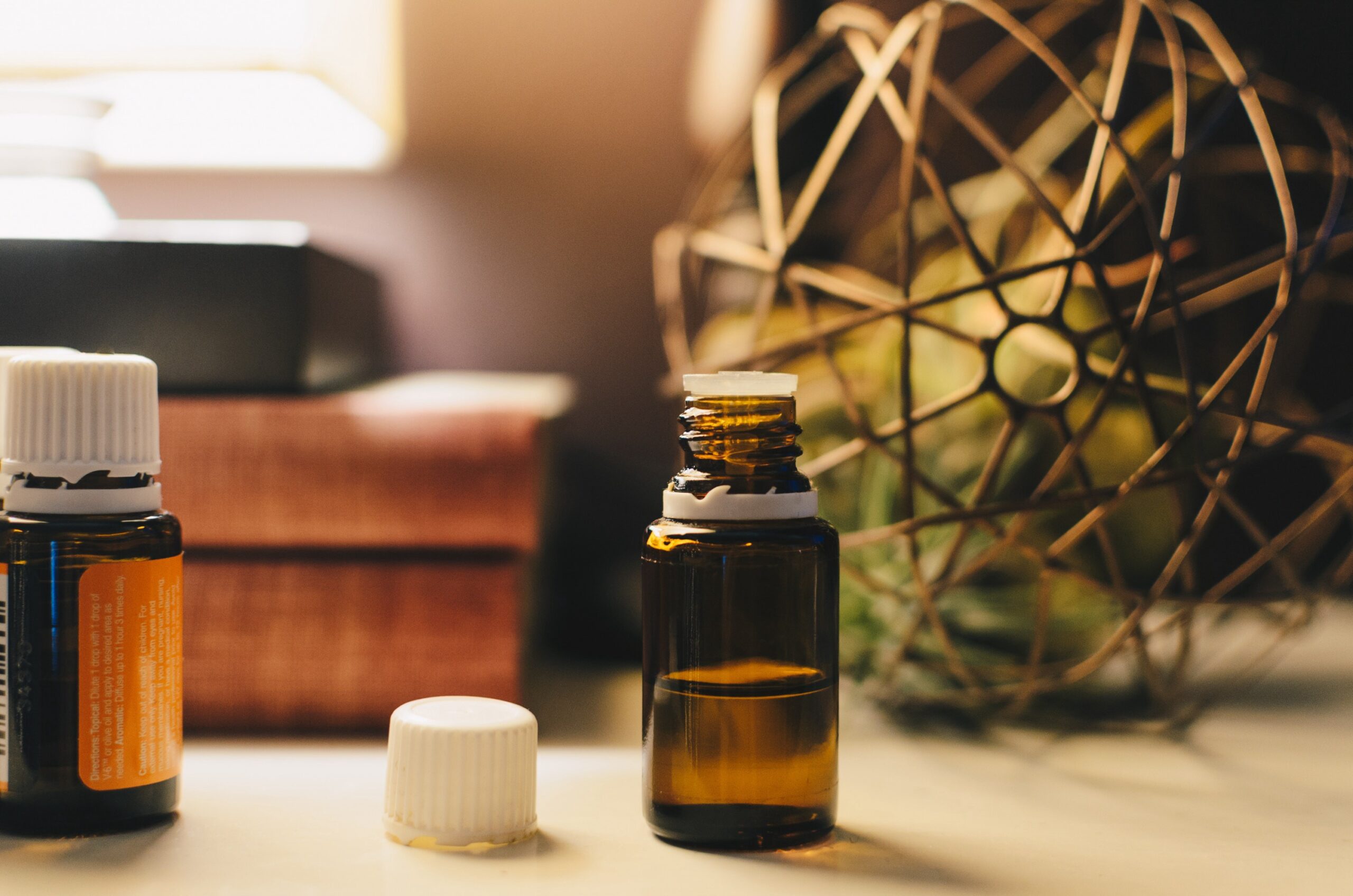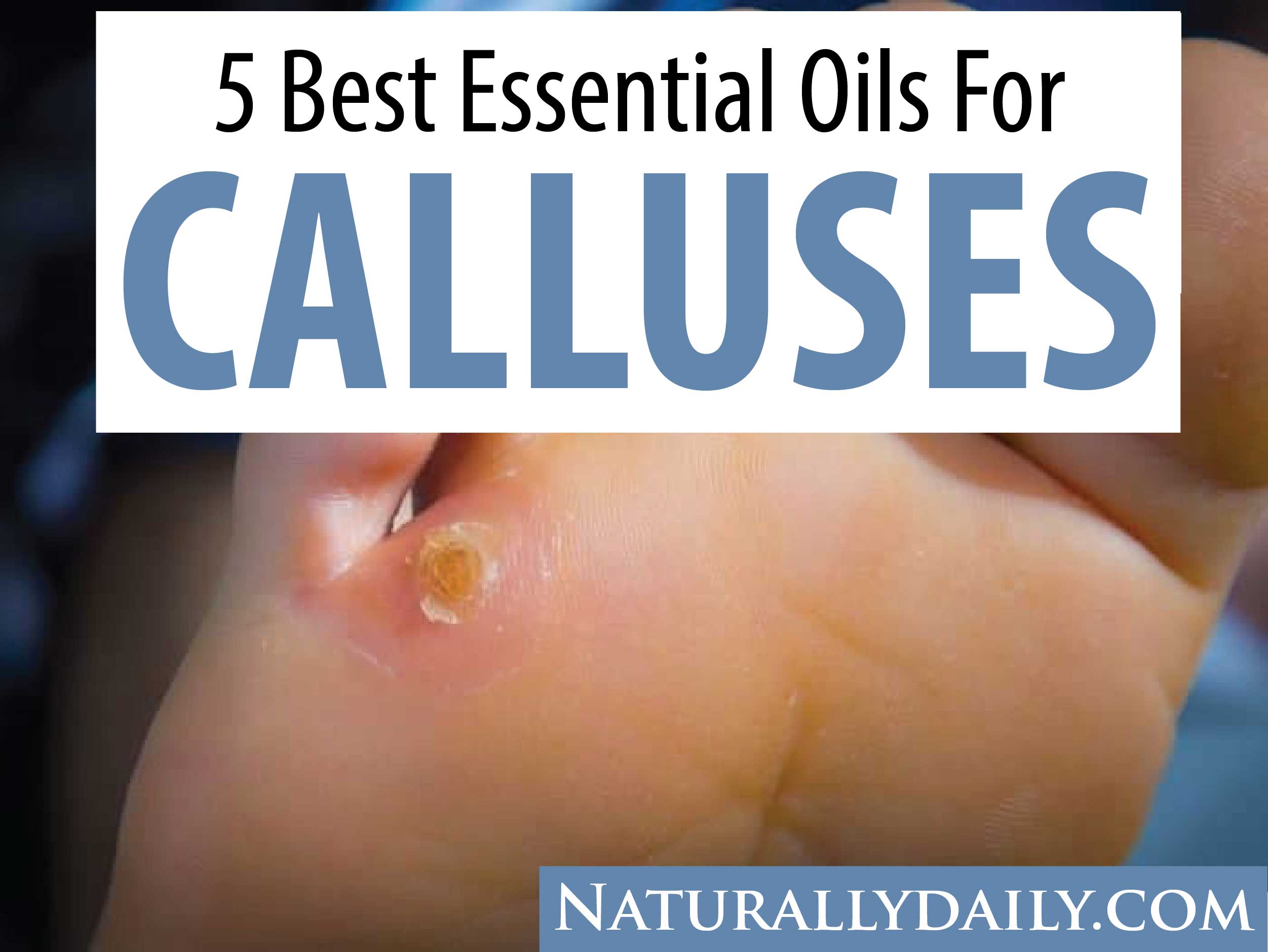Tsuga or hemlock essential oil comes from the twigs and needles of conifer trees or Tsuga canadensis through the steam distillation process.
The yellowish or almost colorless Tsuga essential oil has an earthy fresh aroma. The evergreen tree belongs to the Pinaceae family and is a native of North America. [1]
The plant also grows abundantly in some parts of Eastern Canada. It grows up to 28-31 meters. The brown or yellow twigs, needles, and bark have potential therapeutic values.
These are used to make herbal tea, essential oil, and other products. [2]
For a long time, Conifer or tsuga tree has had medicinal use in folk medicine among the native Americans. The needles are used to make a poultice to heal wounds and pain. Tsuga tea made from twigs is a traditional remedy for stomach and gastrointestinal problems.
The therapeutic tree has extensive use in Chinese herbal and Ayurveda too.
A 2014 study published in The Journal of Exercise Nutrition & Biochemistry states the bioactive substances of conifer trees and their positive therapeutic effects. [3]
In this article, we shall discuss the health benefits and uses of tsuga essential oil, its therapeutic properties, and some safety precautions.
Therapeutic Values of Hemlock or Tsuga Oil
Some of the major bioactive components of tsuga oil include Isobornyl acetate, a-Pinene, B-Pinene, (+)-Limonene, Gamma-3-Carene, and bornyl acetate, beta phellandrene, 3-carotene, beta-pinene, myrcene, monoterpenes, and 30-35% esters. [4]
This unique composition of the oil makes it a natural analgesic, blood cleanser, antioxidant, anti-inflammatory, carminative, antimicrobial, and antirheumatic agent.
Hemlock oil is also a potent stimulant and cell regenerating essential oil.
Health Benefits of Tsuga Essential Oil
Tsuga oil has numerous benefits for the skin, medical conditions health, and mind. Here are some of them backed by evidence.
1. Tsuga Oil May Treat Respiratory Conditions.
Various respiratory illnesses both mild and chronic are common in the U.S.A. There are genetic and environmental factors responsible for these conditions.
Some of the common respiratory conditions include cough, asthma, bronchitis, chronic obstructive pulmonary disease (COPD), etc.
A 2019 Iranian study reported in the Jundishapur Journal of Natural Pharmaceutical Products confirms the potent antioxidant effects of the leaves and fruits of conifers.
The bioactive compounds of conifer may be an effective remedy for asthma and other bacterial respiratory illnesses. Tsuga has bronchodilation activities that may treat breathing difficulties and increase airflow to the lungs. [5]
Another 2013 study states the antioxidant effects of the phenolic compounds of the conifer tree in improving asthma symptoms such as persistent cough and pulmonary functions. [6]
Research data published in the Chinese Medicine Journal in 2018 claims Pinaceae tree roots and bark to be an effective alternative remedies for the common cold, flu, and asthmatic symptoms. [7]
Inhalation of tsuga oil in aromatherapy and topical massage may help relieve cough, bronchitis, and various symptoms of asthma.
2. Tsuga Oil May Relieve Rheumatoid Arthritis Pain.
Arthritis is an autoimmune disease. According to experts oxidative stress and species are one of the primary reasons for autoimmune diseases such as rheumatoid arthritis.
Tsuga oil is a powerful source of natural antioxidants. Several clinical studies probed the efficacy of antioxidant therapy in relieving the symptoms of rheumatoid arthritis. The results were promising though we need further research and randomized human trial to reach a definite conclusion. [8]
The analgesic quality of tsuga oil may be an effective remedy for relieving the joint pain and swelling associated with arthritis. [9]
READ ALSO: Coconut Oil for Arthritis: 7 Reasons Why You Should Use It!
3. Tsuga Oil May Treat Kidney and Urinary Tract Infections.
UTIs (Urinary Tract Infection) are an infection in any part of the urinary system—bladder, urethra, kidney, and uterus. Recurrent UTIs is common among young kids, girls, and uncircumcised boys.
The bacterial infection causes abdominal pain, painful urination, lower back pain, nausea, vomiting, changes in the frequency and color of urine, etc.
Clinical research suggests that herbal monoterpenes such as in tsuga oil may be effective against antibiotic and antimycotic resistant strains in recurrent UTIs affected non-pregnant women.
The study hints at the potential synergistic effects of monoterpenes-rich essential oil in treating UTI infections along with systemic pharmacologic therapies. [10]
4. Tsuga Oil May Treat and Prevent Herpes Simplex Virus-1.
HSV-1 is responsible for oral herpes infections such as fever blisters and cold sores.
A clinical study published in the Iranian Journal of Microbiology (2014) confirms that monoterpene compounds of essential oils β-pinene and limonene have antiviral effects against HSV-1. The trial results showed a 100% reduction in the viral infectivity at the early phase of HSV-1 multiplication. [11]
Monoterpene is one of the key bioactive compounds of tsuga oil and maybe a potential antiviral agent for cold sores and fever blisters.
5. Tsuga Oil May Treat Acne and Pimples.
Acne or acne vulgaris is a common skin condition. Academy of Dermatology states that acne affects about 40-50 million Americans annually. Genetics, excess sebum production, stress, hormonal changes, and bacteria are some of the primary causes of acne or pimples.
Acne generally occurs when your skin is clogged with oil and dead skin cells. A secondary bacterial infection may worsen the condition with the appearance of pus-filled boils, furuncles, and pimples. [12]
Tsuga oil has natural cleansing for oily or greasy skin. The antibacterial and anti-inflammatory properties of the oil may be effective in treating bacterial acne and pimples.
Stress is one of the major factors behind acne. Tsuga oil has antidepressa nt and sedative qualities that may reduce stress levels and provide you with healthy and clean skin. [13]
Anecdotal reports of native American also suggest that tsuga oil may slow down the aging of the skin.
READ ALSO: 20 Home Remedies for Acne, Acne Spot and Pimples Treatment
6. Tsuga Oil May Relieve Muscle Aches and Pains.
The bioactive compounds in various essential oils are clinically proven to be natural analgesic or pain-relieving agents.
Monoterpenes such as myrcene and limonene are potent therapeutic compounds in tsuga essential oil that may relieve muscle aches, joint pain, headache, etc. [14]
READ ALSO: 14 Effective Essential Oils for Muscle Pain That Work
7. Tsuga Oil May Relieve Stress and Anxiety.
Clinical research suggests the potential efficacy of aromatherapy in managing stress and anxiety issues. [15]
Tsuga essential oil has an uplifting aroma and potent carminative or muscle-relaxing properties. Inhalation and topical message of soothing tsuga oil may reduce anxiety and stress.
8. Tsuga Oil May Work as a Stimulant for Athletes.
Tsuga oil may be effective as a natural stimulant for athletes and those who do endurance exercises.
In an animal trial, pine needle powder ingestion proved to be effective for metabolic activity among obese and high-cholesterol-fed rats.
The researchers conclude that antioxidant pine needle extracts may be added to the nutritional regimen of athletes and endurance practitioners to stimulate energy. [16]
How to Use Tsuga Essential Oil
Tsuga oil may be used in some ways.
Topical Application: you can topically apply it as a massage oil for relieving aches, pain, and skin conditions. Tsuga oil blends well with lavender, grapefruit, lemon, and, tangerine oil. Experts recommend diluting 2-3 drops of tsuga oil with a tablespoon of carrier oil before topical application.
Diffusing: you can diffuse 8-10 drops of tsuga oil in a diffuser for fresh aroma in your living environment.
Direct Inhalation: you can directly inhale the therapeutic aroma of tsuga oil from the bottle to relieve respiratory conditions. Additionally, you may pour a couple of drops of the oil on a fresh handkerchief and sniff in the fresh aroma.
Tsuga Oil Safety and Precautions
Tsuga oil is generally safe to be used topically. However, do a patch test before applying it to the skin to detect allergic reactions.
If you are a nursing mother and or pregnant consult an expert or physician before using the oil. Avoid consuming the oil for using it near mucous membranes and eyes.
Bottom Line
Tsuga is a medicinal plant that has numerous medicinal use among the native Americans.
Tsuga essential oil retains all the therapeutic values of the plant and may prove to be an effective remedy for various skin conditions; physiological and mental health.
You should ask for the recommendation of an expert for the best methods of its uses and to avoid possible side effects.
READ NEXT: Blue Tansy Essential Oil: Benefits, Uses, & Side Effects






